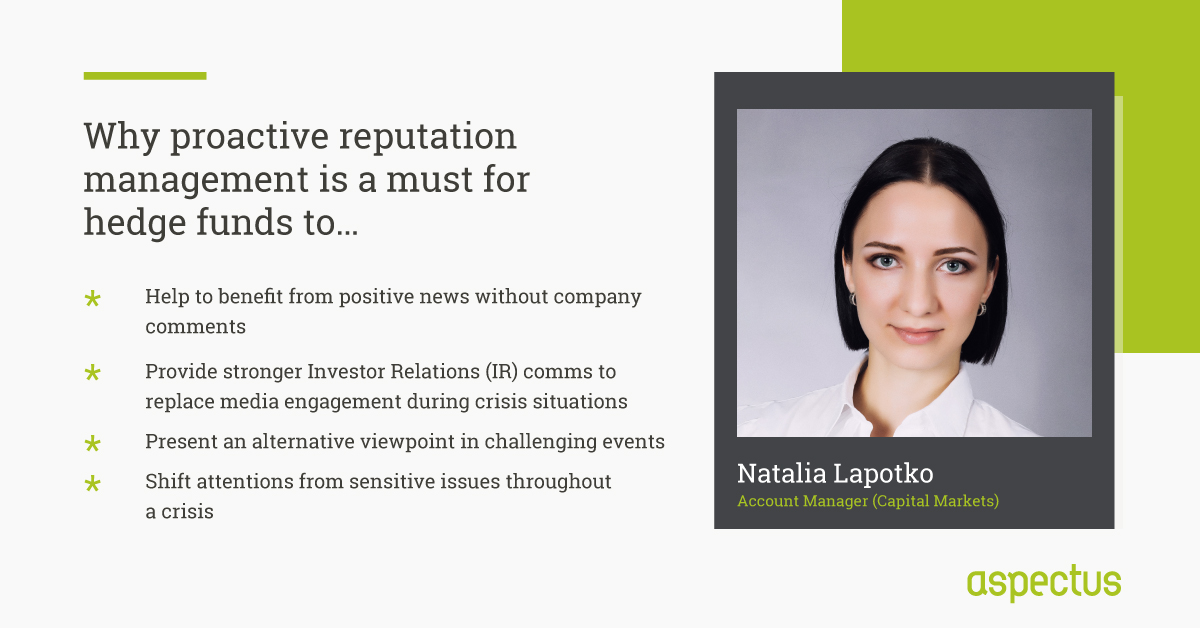Technology awards: a comprehensive list of the best to enter

By Sanjana Rao, technology PR intern
Awards are a great way to get your company, employees, colleagues or even yourself noticed as frontrunners and innovators in the tech industry. With several new technology awards emerging year on year, it can be hard to manage these and know which ones are best to go for.
Here are some of our top picks for technology awards in 2022 to enter:
UK Business Tech Awards
The UK Business Tech Awards looks for innovative and exceptional applications of technology that can be used to transform and grow businesses.
The awards include a variety of categories such as Healthtech Pioneer of the Year, Fintech Innovator of the Year, Ecommerce Company of the Year, Edtech Company of the Year, and SaaS company of the Year, among others.
- Entry deadline: 1 July (17 June for Early Bird)
- Shortlist announcement: 29 July
- Awards Ceremony: 13 October
Women in Tech Excellence Awards
In an industry that is still largely dominated by men, the Women in Tech Excellence Awards aims to reward and celebrate women in the tech industry.
The Women in Tech Excellence Awards were designed to help the technology industry move towards a solution by recognising and promoting women.
There are 18 categories in which candidates can be nominated for, these include CIO of the Year, Entrepreneur of the Year, IT Leader of the Year, Security Leader of the Year and Software Engineer of the Year, among others.
- Entry deadline: 29 April
- Finalist announcement: August (exact date TBC)
- Awards ceremony: November (exact date TBC)
The Cloud Awards
The Cloud Awards celebrate the best in Cloud Computing and is the first and largest awards platform of its kind. It is partnered with The SaaS Awards.
The awards aim to attract nominees across the globe with a focus on striving to not be solely US-centric.
- Entry deadline: end of October
- Awards ceremony: TBC
The SaaS Awards
The Software as a Service (SaaS) Awards, is partnered with The Cloud Awards. The SaaS Awards looks to represent software across the world and equal weighting is given to all countries and individual awards in any category may be split into more than one award if the strength of submissions is impressive across regions.
- Entry deadline: end of May
- Awards ceremony: TBC
CRN Channel Awards
The channel is a large part of the tech industry, and the CRN Channel Awards look to celebrate the power of the channel.
Described as one of the most prestigious technology awards in the UK IT channel and with a rigorous judging process, winning a CRN Channel Award is a great achievement that any company within the channel should aim for.
- Entry deadline: 1 July (entries open end of April)
- Awards ceremony: 10 November
CRN Women & Diversity in Channel Awards
CRN is also hosting their 5th Women & Diversity in Channel Awards. The aim of the awards is not only to celebrate women and champion wider diversity within the industry but also recognising that the challenge of increasing diversity across the country (and the world) is far from solved.
- Entry deadline: 9 May
- Awards Ceremony: 13 October
Banking Tech Awards
FinTech Future’s Banking Tech Awards have returned in 2022 for their 23rd year. Nominations are open to financial institutions, banks as well as technology services and software providers. There are 32 categories, including a category for best COVID-19 response.
- Entry deadline: 22 July
- Awards ceremony: 1 December
The Tech Trailblazers Awards
The Tech Trailblazers Awards looks for tech companies across a variety of sectors such as the Cloud, Developers, FinTech, Mobile, Security, Blockchain, AI and Big Data. As an award for “Trailblazers”, categories are open to private companies either privately funded or VC backed (Series C or earlier) and under seven years old.
This is a great technology award to enter for newer companies, especially those with unique and innovative solutions to technology problems.
- Entry deadline: 31 August (Early bird deadline is 4 August)
- Shortlist announced: 14 October
- Voting closes: 4 November
- Awards ceremony: 15 November
The Heath Tech Awards
Following the pandemic, health tech seems to be more important than ever, and the industry has seen an insurgence of great innovation and talent. The Health Tech Awards has categories which range from patient care and services to mental health solutions to video consultation software.
- Entry deadline: 23 June
- Finalists announced: 13 September
- Awards ceremony (digital): 13 October
At Aspectus, we’ve won multiple technology awards for clients. From handling the research through to drafting compelling and creative entries. Get in touch if you’d like to win more awards in 2022: tech@aspectusgroup.com.

















